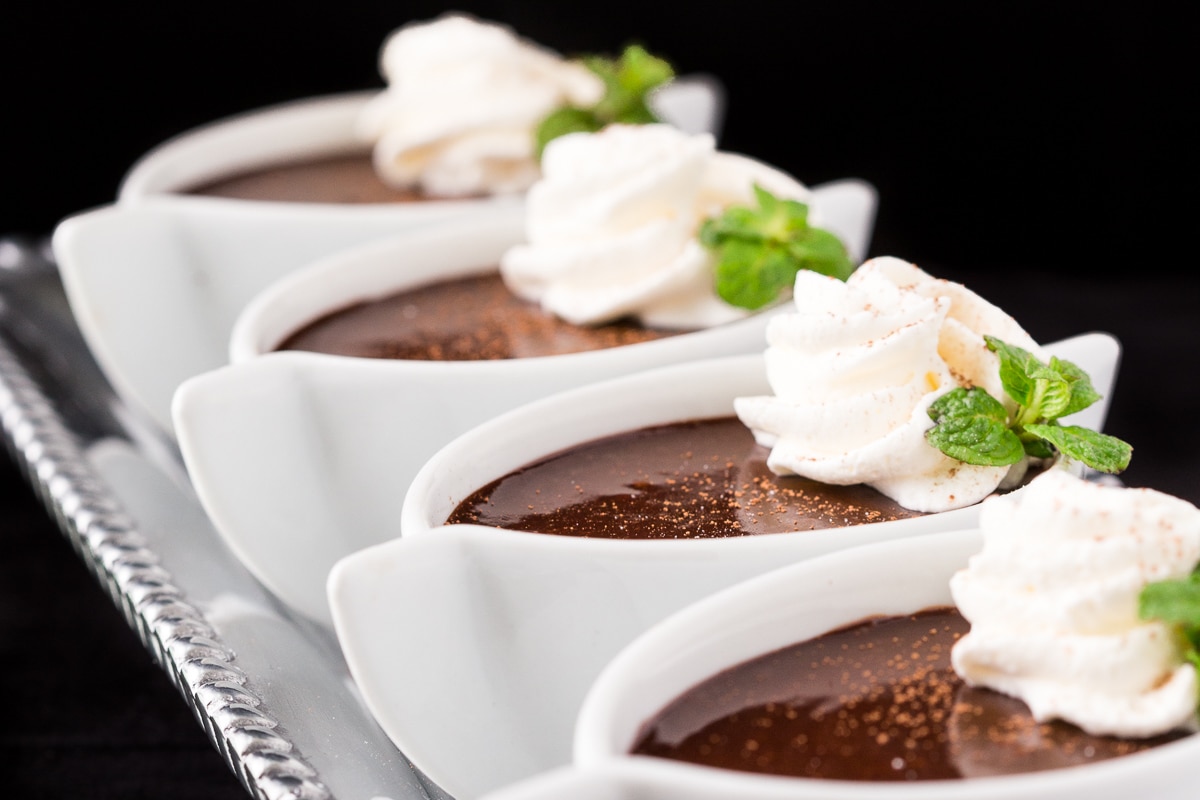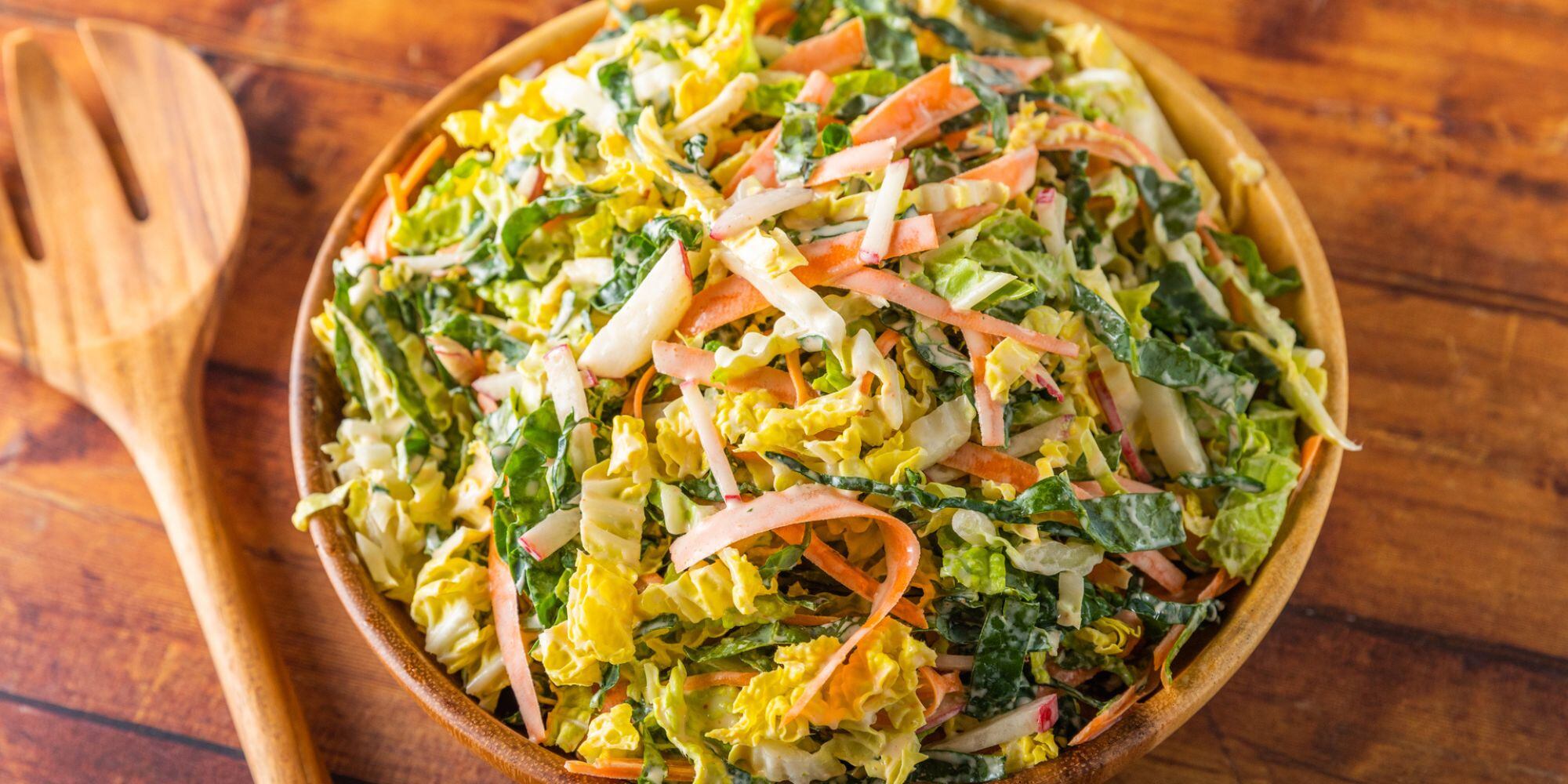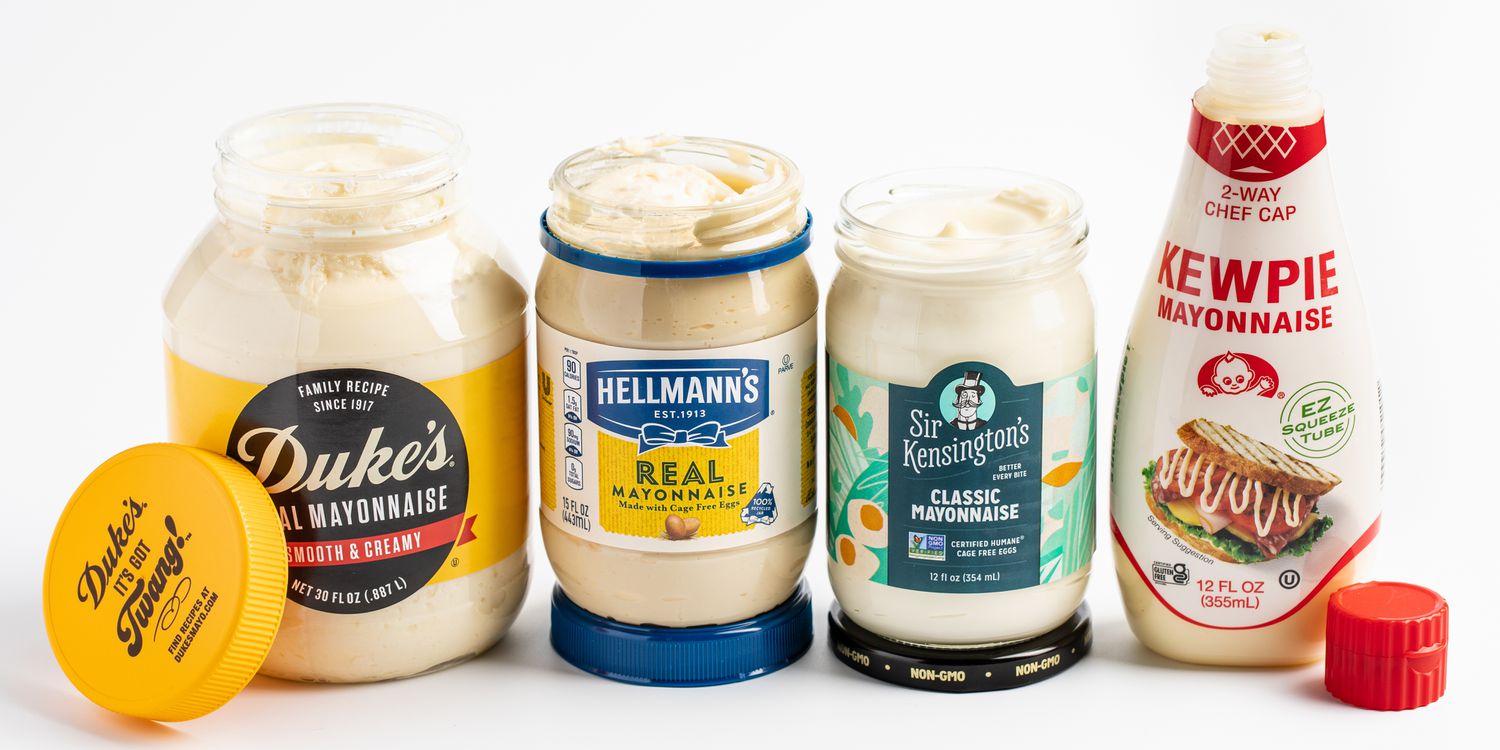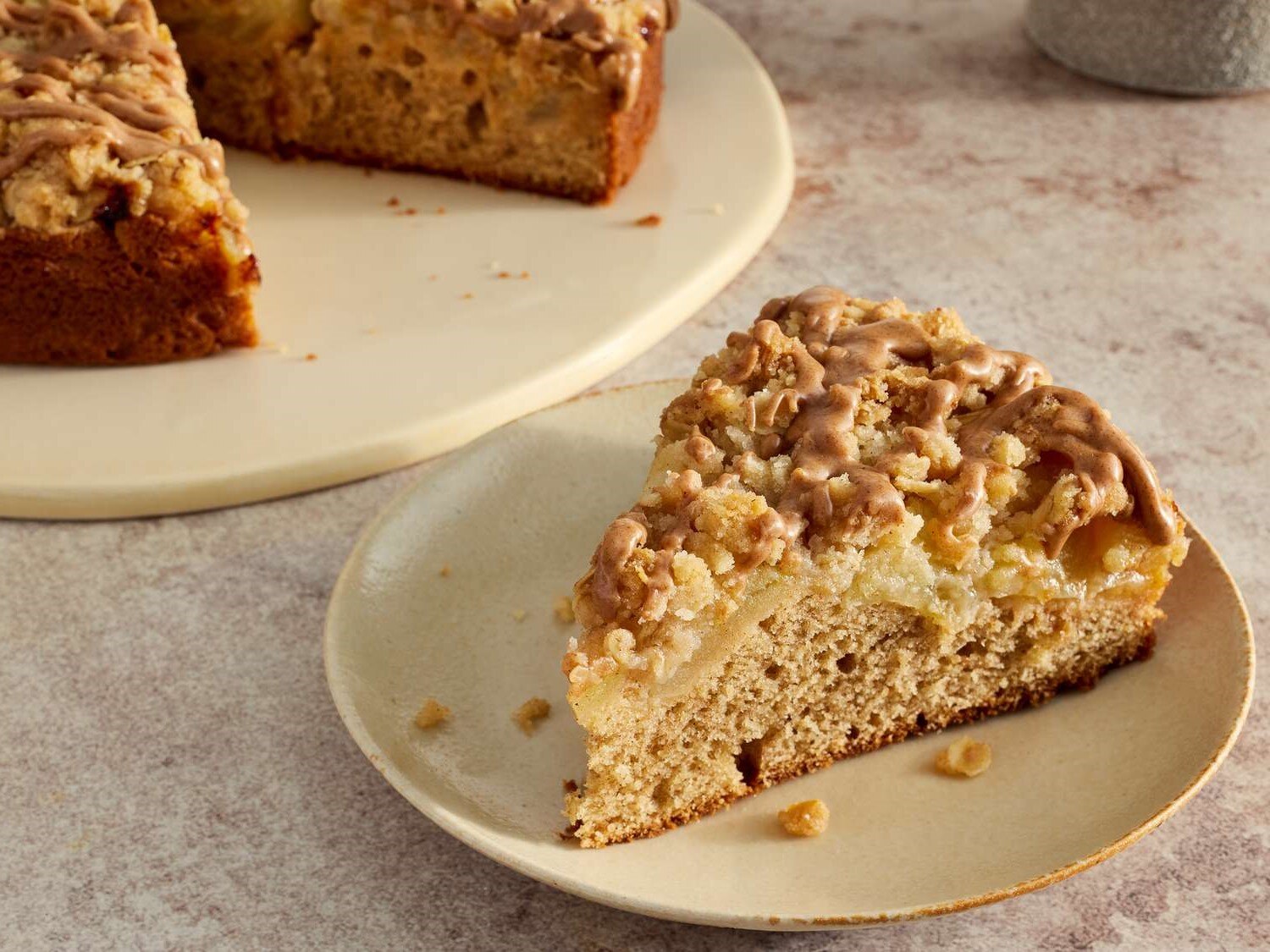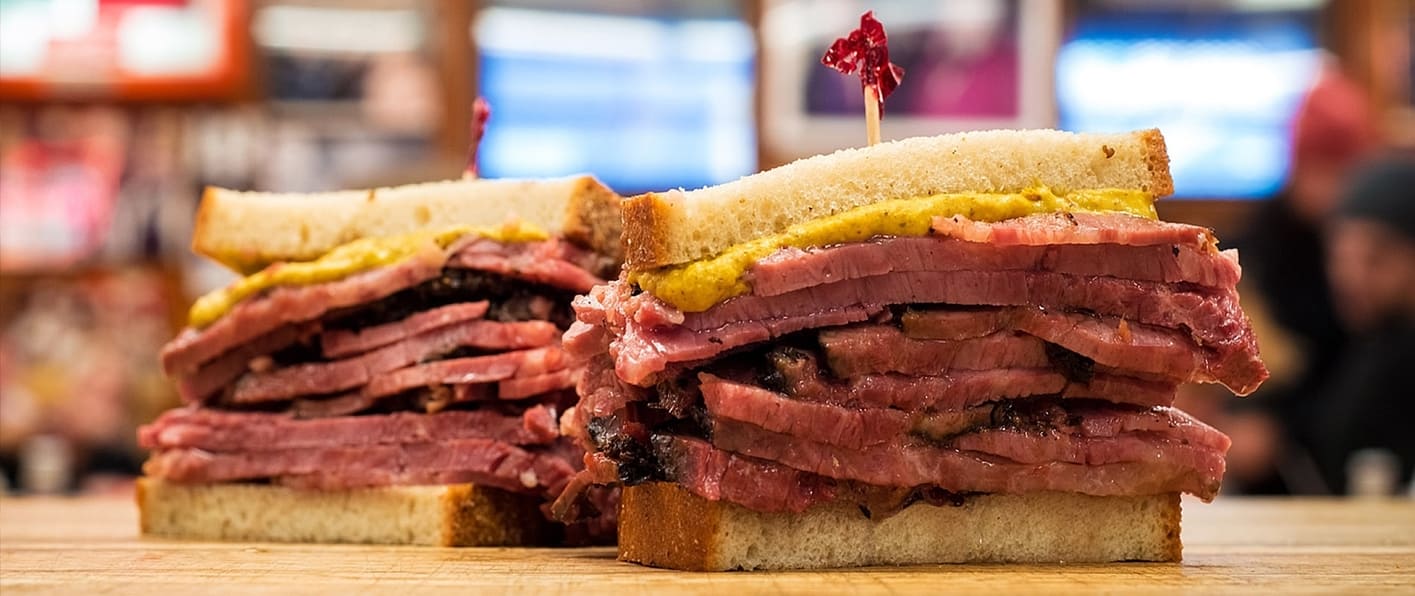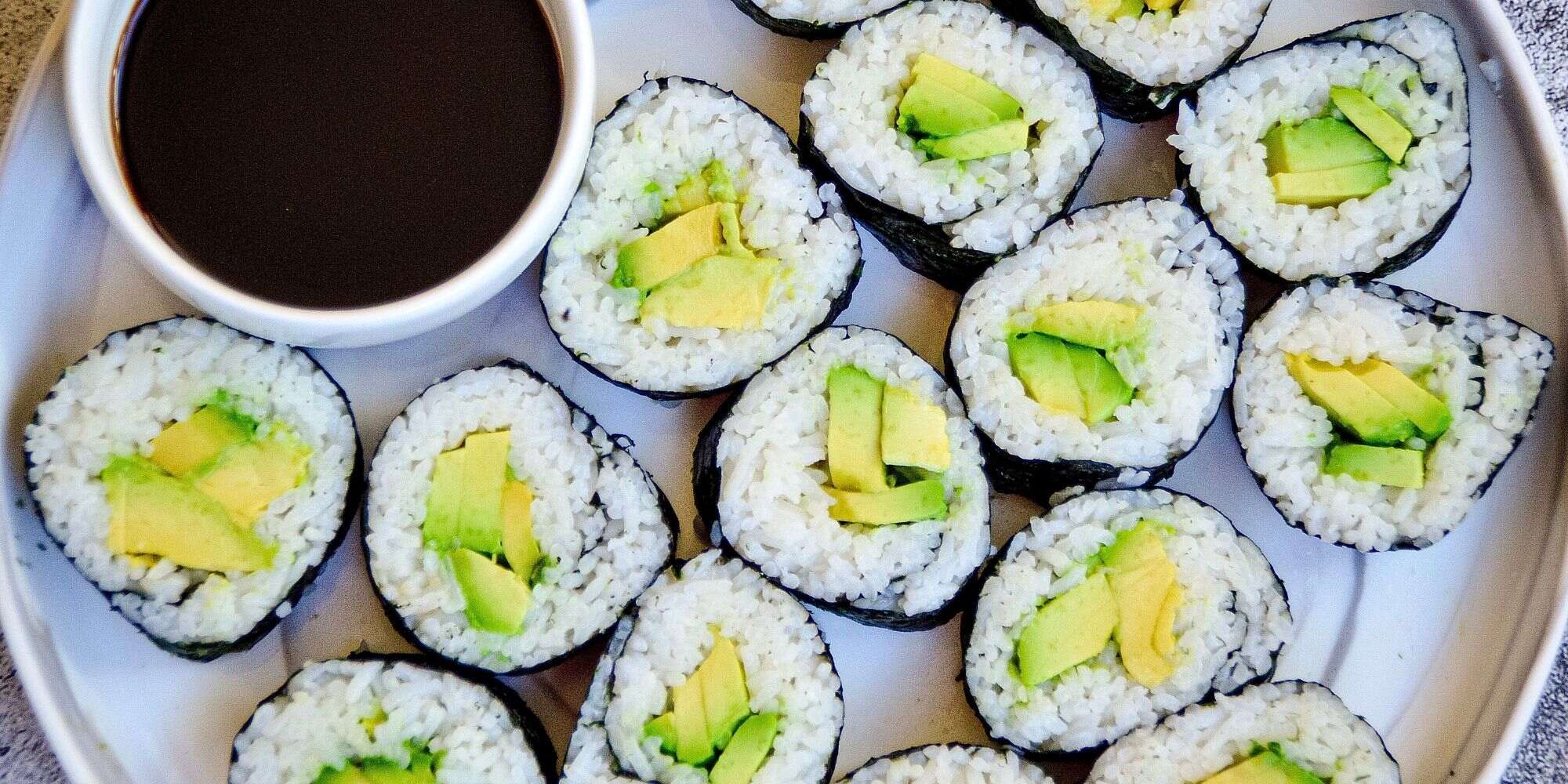When it comes to berries, there are so many delicious options to choose from. Two popular berries that often get confused are huckleberries and blueberries. While they may look similar, there are actually several key differences between the two. Let's take a closer look at the unique characteristics of huckleberries and blueberries to understand what sets them apart.
Appearance and Taste
Huckleberries and blueberries may look alike at first glance, but there are some noticeable differences. Here's a quick breakdown of their appearance and taste:
-
Huckleberries:
- Smaller in size
- Range in color from deep purple to black
- Tart and sweet flavor with a hint of earthiness
-
Blueberries:
- Slightly larger than huckleberries
- Typically blue or purple in color
- Sweet and juicy with a subtle tanginess
Growing Conditions
The differences between huckleberries and blueberries extend to their growing conditions. Understanding where and how these berries thrive can provide valuable insight into their distinct characteristics:
-
Huckleberries:
- Often found in the wild, particularly in mountainous regions
- Thrive in acidic soil and cooler climates
- Harvested by hand due to their delicate nature
-
Blueberries:
- Cultivated in various regions, including North America, Europe, and Asia
- Prefer well-drained soil and plenty of sunlight
- Can be harvested by hand or by machine, making them more widely available
Culinary Uses
Both huckleberries and blueberries are versatile ingredients that can be used in a variety of culinary applications. Here's how they are commonly used in cooking and baking:
-
Huckleberries:
- Often used in jams, syrups, and pies
- Pair well with savory dishes, such as game meats and cheeses
- Prized for their intense flavor and vibrant color
-
Blueberries:
- Popular in muffins, pancakes, and smoothies
- Versatile enough to be used in salads, sauces, and desserts
- Known for their sweet, refreshing taste and antioxidant properties
Nutritional Benefits
Both huckleberries and blueberries offer a range of health benefits, making them valuable additions to a balanced diet. Here's a look at the nutritional benefits of each berry:
-
Huckleberries:
- Rich in vitamins C and B, as well as antioxidants
- Known for their anti-inflammatory properties
- Low in calories and high in fiber
-
Blueberries:
- Packed with vitamin C, vitamin K, and manganese
- High levels of antioxidants, particularly anthocyanins
- Linked to improved heart health and cognitive function
Availability
The availability of huckleberries and blueberries can vary depending on where you live and the time of year. Here's a quick overview of their availability:
-
Huckleberries:
- Often limited to specific regions and seasons
- Can be challenging to find fresh huckleberries outside of their natural habitat
- Dried or frozen huckleberries may be more readily available
-
Blueberries:
- Widely available in fresh, frozen, and dried forms
- Cultivated in numerous countries, leading to year-round availability in many markets
- Easily accessible in grocery stores and farmers' markets
Conclusion
In conclusion, while huckleberries and blueberries may share some similarities, they are distinct in several ways. From their appearance and taste to their growing conditions and culinary uses, each berry offers its own unique qualities. Whether you're foraging for huckleberries in the wild or picking up a pint of blueberries at the store, both of these berries are sure to add a burst of flavor and nutrition to your favorite dishes. So, the next time you're faced with the choice between huckleberries and blueberries, you'll be able to appreciate the differences that make each berry special.
